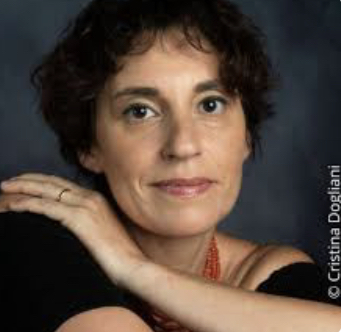
Citation de missmolko1
Cinnamon, Pepper, cumin, aniseed, coriander, saffron, sumac, cassia . . .
No, spices aren’t just for cooking. They’re medicines, they’re cosmetics, they’re poisons and memories of faraway lands few people have seen.
Before reaching a sales counter, a cinnamon stick or a gingerroot has to go through dozens of hands, travel on the back of a mule or a camel in long caravans, cross the ocean, and reach European ports.
Naturally, the costs rise with every leg of the journey.
Rich are those who can buy them, and rich those who manage to sell them. Spices for cooking—and much more so those for medicinal use—are for the select few.
Venice built her wealth on the spice trade and customs duties. Now, at the beginning of the nineteenth century, it’s the British and French that sell them. Ships arrive from their colonies overseas loaded not only with medicinal herbs but also with sugar, tea, coffee, and chocolate.
The prices drop, the market diversifies, the harbors open, the amount of spices increases. It’s not just in Naples, Livorno, and Genoa. In Palermo, the aromatari set up a guild. They even have their own church, Sant’Andrea degli Amalfitani.
And the number of those who can afford to sell them also rises.
No, spices aren’t just for cooking. They’re medicines, they’re cosmetics, they’re poisons and memories of faraway lands few people have seen.
Before reaching a sales counter, a cinnamon stick or a gingerroot has to go through dozens of hands, travel on the back of a mule or a camel in long caravans, cross the ocean, and reach European ports.
Naturally, the costs rise with every leg of the journey.
Rich are those who can buy them, and rich those who manage to sell them. Spices for cooking—and much more so those for medicinal use—are for the select few.
Venice built her wealth on the spice trade and customs duties. Now, at the beginning of the nineteenth century, it’s the British and French that sell them. Ships arrive from their colonies overseas loaded not only with medicinal herbs but also with sugar, tea, coffee, and chocolate.
The prices drop, the market diversifies, the harbors open, the amount of spices increases. It’s not just in Naples, Livorno, and Genoa. In Palermo, the aromatari set up a guild. They even have their own church, Sant’Andrea degli Amalfitani.
And the number of those who can afford to sell them also rises.


